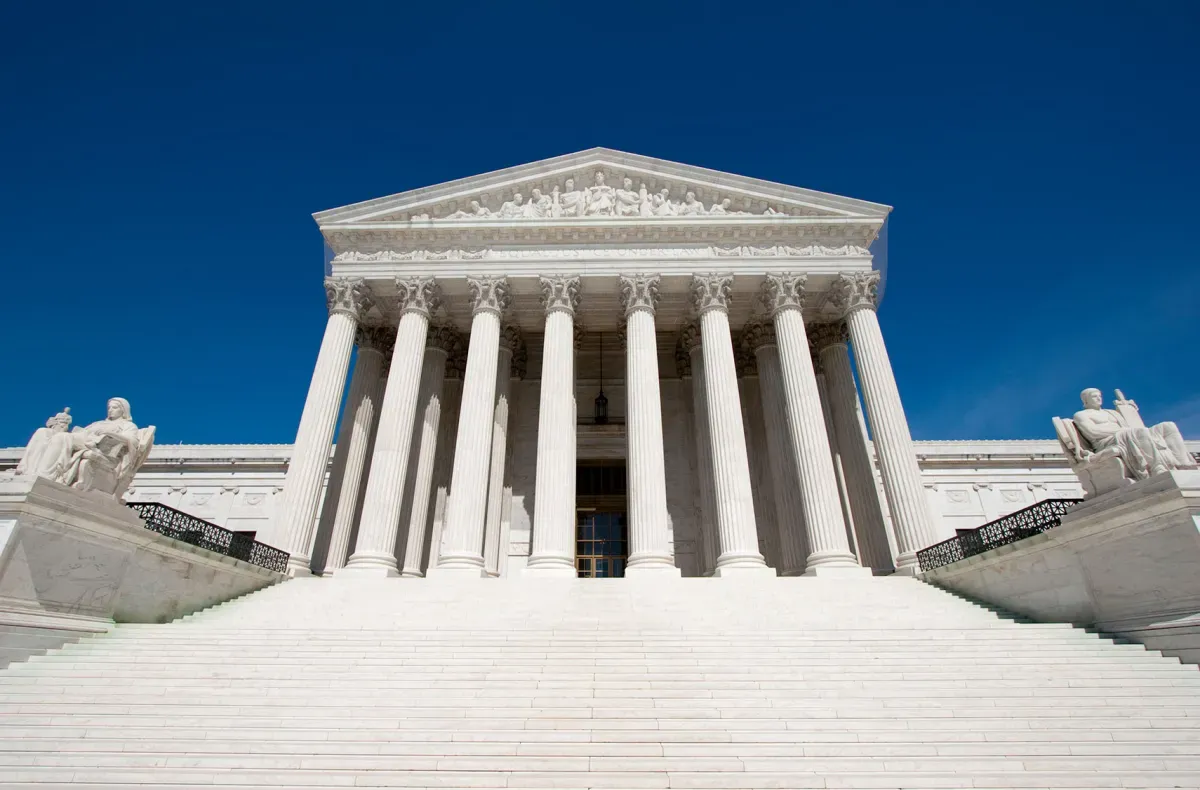SCOTUS porn age verification ruling raises privacy and censorship alarms
The recent SCOTUS porn age verification ruling is reshaping the online landscape across the United States. By upholding a Texas law that mandates adult websites verify users’ ages using government IDs or third-party platforms, the Supreme Court has triggered nationwide debate on internet freedom, privacy, and state surveillance. This landmark decision directly affects how Americans—especially minors—access digital content and how much personal information they must surrender to do so. For those wondering whether this means uploading IDs to watch content online is the new norm, the short answer is: yes, it’s becoming increasingly mandatory.
Image Credits:Ryan McGinnis / Getty Images
Several states already have similar laws on the books, and more are following suit after the SCOTUS ruling. While advocates claim these laws protect children from explicit material, critics warn they could normalize government overreach, compromise user anonymity, and lead to broader censorship under vague definitions like “harmful to minors.” Understanding the full impact of this ruling requires exploring what the law entails, how it's being implemented, and why privacy experts and civil rights advocates are sounding the alarm.
State-level enforcement of porn age verification laws is gaining traction
The SCOTUS porn age verification ruling supports Texas’ HB 1181, which classifies any website with more than one-third of “sexually explicit” content as subject to mandatory age checks. This goes beyond typical “click-to-enter” disclaimers. Visitors must now upload government-issued IDs or go through third-party age-verification platforms—services that claim to delete data but still require users to temporarily disclose personal, often biometric, information.
Eighteen states have already implemented similar laws, while six others have passed legislation awaiting enforcement. The Supreme Court’s endorsement opens the door for all 50 states to adopt equally strict or even more sweeping verification requirements. This fragmentation risks creating a patchwork of access rules that content providers must navigate, potentially blocking users in certain jurisdictions or prompting sites to shut down altogether due to compliance costs.
Adult industry leaders and legal watchdogs argue that such laws infringe on free speech and disrupt the open nature of the internet. They also point out that laws like Texas' may become templates for targeting non-explicit LGBTQ+ content or legitimate sexual health education under politically motivated interpretations of what is “harmful to minors.”
Privacy experts warn about digital surveillance and data risk
A major concern around the SCOTUS porn age verification ruling is how it undermines internet users’ privacy. Uploading an ID to access a website, even through a third-party service, can be an invasive experience. Despite promises that identifying data won’t be stored, cyber experts warn that no digital platform is truly immune to breaches. If government databases—supposedly the most secure—can be hacked, so can private age-verification platforms.
This data vulnerability presents a chilling effect on user behavior, where fear of being tracked or exposed prevents individuals from seeking legitimate sexual education or personal exploration online. LGBTQ+ groups especially worry that content supporting their identities may be misclassified under these broad laws, silencing marginalized voices and erasing vital resources.
Further complicating matters is the potential for mission creep—where surveillance tools created for one purpose are later used to monitor other forms of online expression. The ruling raises red flags for tech policy analysts who view it as an early step toward normalizing ID-based access for large swathes of the internet, from social media to educational content.
Free speech and digital rights groups call for national reform
The SCOTUS porn age verification ruling has galvanized digital rights organizations and free speech defenders to demand national-level reforms. Groups like the Electronic Frontier Foundation (EFF) and the Free Speech Coalition argue that content access laws should balance child safety with privacy protections and constitutional freedoms. Many are now urging Congress to create consistent, privacy-respecting legislation instead of letting each state interpret and enforce vague moral standards.
Some experts propose alternatives to ID uploads, such as age estimation via device settings or encrypted verification methods that don’t store personal data. They also call for clearer definitions of “harmful content,” worried that current language is too broad and subjective, opening the door to ideological censorship.
Until federal action is taken, website owners are stuck between risking lawsuits for noncompliance or violating users’ privacy to follow shifting state laws. Meanwhile, users—especially those in marginalized communities—must navigate a digital environment that increasingly trades freedom for surveillance. The ruling may have begun as a legal win for child protection, but its long-term consequences could reshape the entire internet experience in ways few Americans are ready for.


